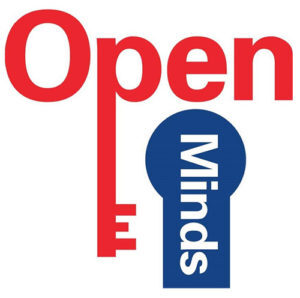Open Minds Programme
Fibro Active

Monthly Emotional Support Sessions
Using a range of techniques, Sue steers the group through a fun and uplifting, interactive programme, themed on a chosen topic. A typical session will start with seated relaxation, an introduction to the topic, a demonstration of coping sills, a group discussion led by Sue and a cuppa and chat.
Topics include:
- Acceptance and Loss
- Anxiety
- Panic Attacks
- Making Decisions
- Confidence Building
- Positive and Negative Thoughts
- Relaxation Techniques
- Group Dynamics
- Self Care
- Confrontation
- Social Media, a positive or negative experience
Our aim is to raise awareness of the chosen topic, to arm you with resources that can be used practically when you need them and interact with others in the same situation and realise you are not alone and that you are supported.
Even on a bad day, group members have found they leave the meetings uplifted and ready to take on the rest of the day.
If we find that you may need a little extra support, we can can signpost you relevant services. You can find a list of local services here.


Symptom of the Month
Each month we choose a symptom of Fibromyalgia or chronic Fatigue Syndrome. We have slowly made our way through the 5 main symptoms:
The aim of the sessions is to give members a greater understanding about the symptoms in manageable chunks to reduce becoming overwhelmed at the enormity of the condition. This in turn will enable members to make educated decisions and manage their illness through pacing and staying within their limitations which in turn will help reduce frequent visits to health practitioners.
Members who have suffered for many years have found the sessions useful and being able to share and listen to other members you realise you are not alone.
